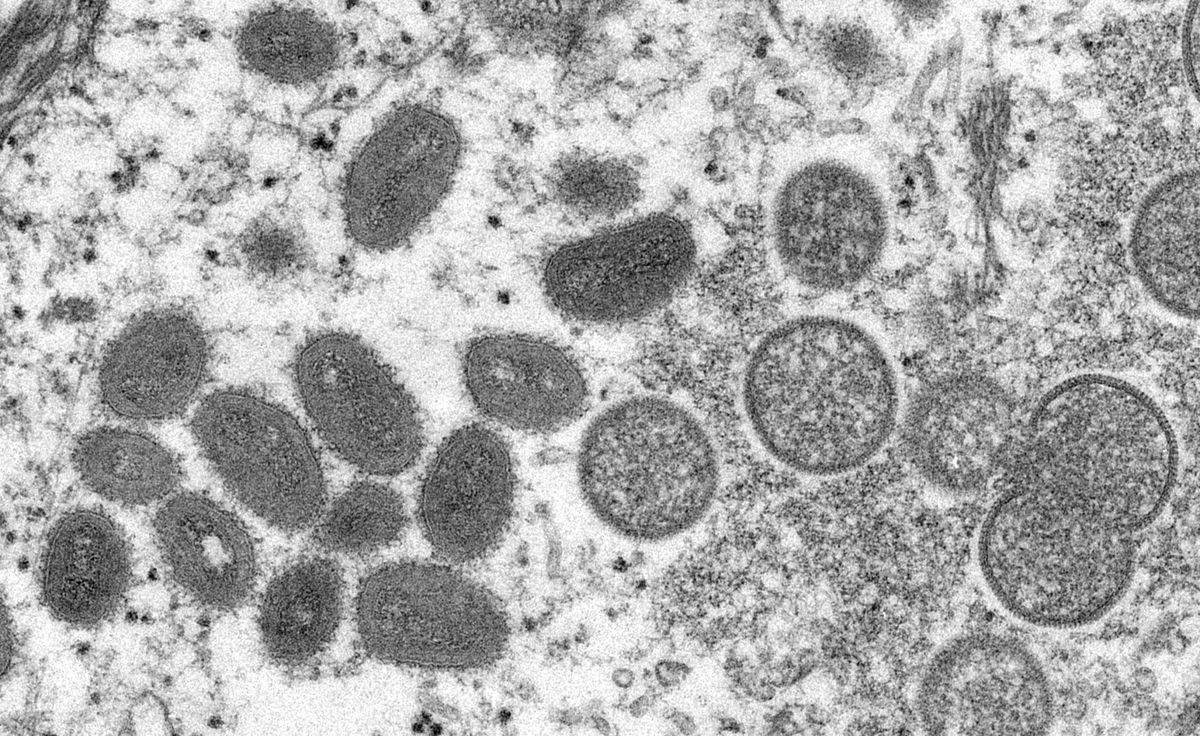Rare monkeypox cases detected in the US, Europe and UK. Here’s what you need to know

A few minutes every morning is all you need.
Stay up to date on the world's Headlines and Human Stories. It's fun, it's factual, it's fluff-free.
Just when we’ve pretty much learned to handle COVID, another viral outbreak is making headlines – monkeypox.
Monkeypox isn’t a new virus, though, as it was discovered in monkeys decades ago and typically originates in central and western Africa. Yet currently, a small number of confirmed infections have been found in the US and UK, and other suspected cases in Portugal, Spain and Canada are under investigation.
The virus is typically transmitted after close contact with infected animals in Africa, and person-to-person transmission is rare. However, these recent cases suggest that the virus could be sexually-transmitted, which is unusual for the virus, according to health experts. The cases are not entirely linked to travel, either, which suggests it could be spreading within the community undetected.
Monkeypox symptoms include fever, chills, body aches and “pox," or painful, fluid-filled blisters on the face, hands and feet. Experts say that a widespread monkeypox outbreak is unlikely, but it’s worth watching current cases very closely as health officials try to determine how the virus is spreading.
Key comments:
“During this pandemic, we have had several outbreaks of monkey pox on the continent … We also expect that other outbreaks will come, and we’ll handle it in the usual way," said Ahmed Ogwell Ouma, the acting director of the Africa Centres for Disease Control and Prevention, at a weekly news briefing. “We are however concerned at the multiple countries outside, especially in Europe, that are seeing these outbreaks of monkeypox. It would be very useful for knowledge to be shared regarding what the source of these outbreaks actually are.”
“There is no evidence that it is a sexually transmitted virus, such as HIV,” said Dr Michael Head, a senior research fellow in global health at the University of Southampton. “It’s more that here the close contact during sexual or intimate activity, including prolonged skin-to-skin contact, may be the key factor during transmission.”
“A rash can develop, often beginning on the face, then spreading to other parts of the body, including the genitals,” according to the UK Health Security Agency (UKHSA). “The rash changes and goes through different stages, and can look like chickenpox or syphilis, before finally forming a scab, which later falls off.” “We are particularly urging men who are gay and bisexual to be aware of any unusual rashes or lesions and to contact a sexual health service without delay if they have concerns,” said Susan Hopkins, chief medical adviser for the UKHASA, in a statement.







Comments ()